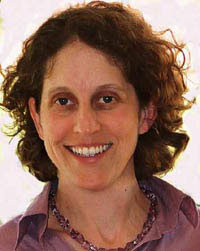'A number of Australian expatriate authors in the United States have made an impact on the American public in a variety of genres: Lily Brett, Geraldine Brooks, Peter Carey, Shirley Hazzard, Thomas Keneally, Jill Ker Conway, Sumner Locke Elliott, Robert Hughes, Kate Jennings, Christina Stead, Janette Turner Hospital and others. In addition, the experiences of these writers in the United States have informed their work in distinctive ways that have been important to Australian literature, and to Australian literary culture. Contemporary Australian authors such as Chloe Hooper and Nam Le have undertaken creative writing training in the US, and have returned to live in Australia.
'Over the last twenty years however, the globalisation of the book trade has not dissolved the concept of the expatriate writer, or removed the problems for writers linked to origin, readership, visibility, remuneration for, and recognition of their work. In fact, ironically, it seems that there is a renewed imperative for Australian writers to live outside Australia in order to gain access to a global readership and lucrative publishing opportunities. The success of high-profile expatriate writers in the US, such as Brooks and Carey, supports this claim.
'This article considers the historical fiction of Geraldine Brooks who is, alongside Peter Carey, an exceptionally successful author with an immense readership in the US and across the world. Unlike Carey, however, Brooks is largely ignored by Australian critics. The article explores Brooks’ fiction in the context of her career as a war correspondent, her Pulitzer Prize-winning novel March (2005), and the effect of her many years covering war and conflict on her work. It examines the distinctive potency of Brooks’ fiction in the context of historical fiction as an evolving genre for contemporary audiences.' (Publication abstract)

